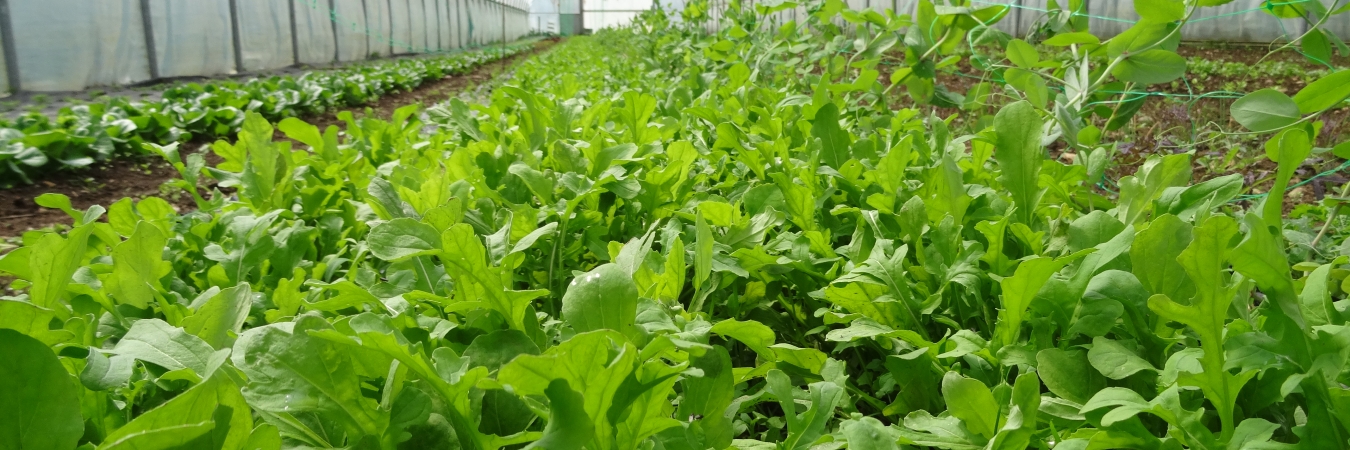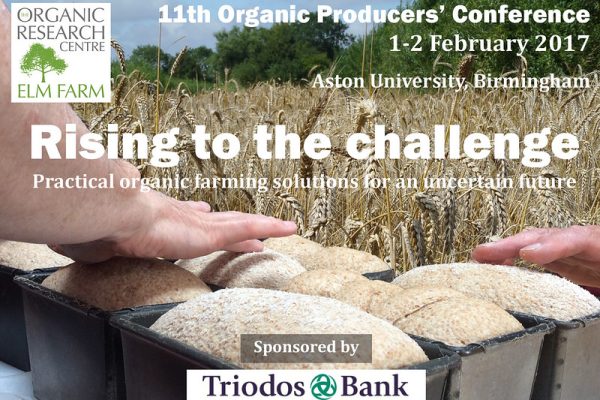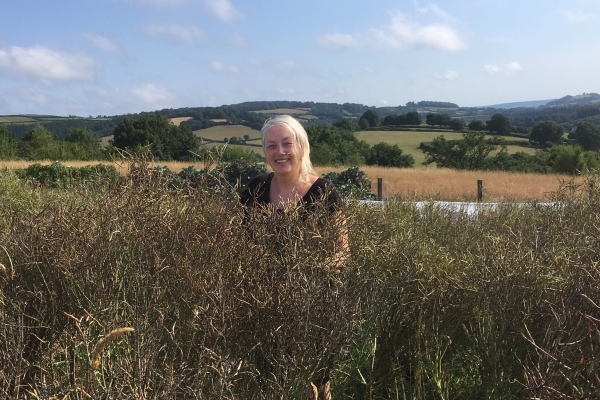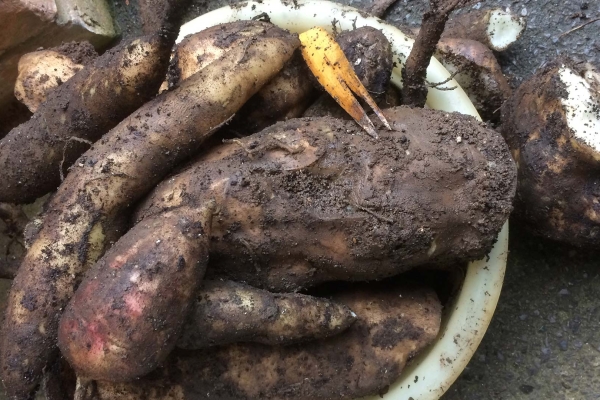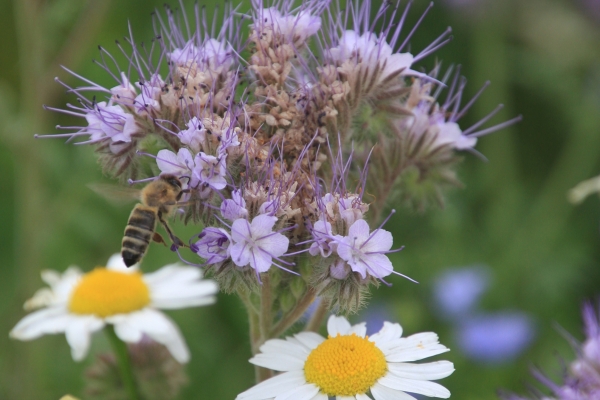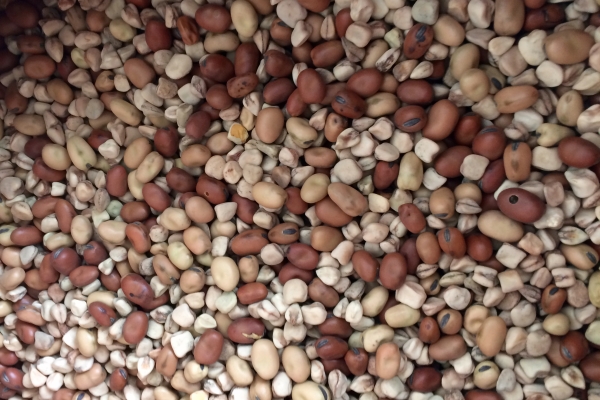Climate change and UK horticulture: What is to come and how to build resilience
Resource explained
Footage recorded at Oxford Real Farming Conference (ORFC) 2020 of a workshop organised by the Organic Growers Alliance (OGA) and Agricology. Climate change has begun to impact on UK horticulture. Rosemary Collier of Warwick Crop Centre, University of Warwick, summarises data which shows that the UK is getting warmer and wetter and outlines some of the implications for horticulture. She gives some examples of changes to come that we can expect, with specific detail on insects, and highlights issues growers should pay attention to and techniques that can help build resilience in organic systems.
Findings & recommendations
- The intensity of heavy summer and autumn rainfall events may disrupt cultivations and crop scheduling.
- Higher winter temperatures could mean lower quality of produce stored at ambient temperatures. Warmer temperatures and elevated CO2 could mean higher yields. We may need to breed new fruit varieties that don’t need chilling.
- There may be positive effects on soil biology i.e. increased microbial and root activity, with higher rates of nutrient release. More roots may mean corresponding increases in soil organic matter and slower rates of decomposition due to changed carbon:nitrogen ratios. More ground cover may better protect the soil from leaching and erosion.
- Horticulture may become more vulnerable to invasive pests and diseases.
- Extremes of wet and dry will cause most disruptions. Insect survival can be impacted by wet or dry periods, and pest and natural enemy populations may get out of synch. Some pests may decrease and natural enemy populations are difficult to predict.
- We need to focus on soil quality and health and the role of diversity and polycultures within cropping systems. We also need to think on a more landscape scale.
Summary provided by:
Janie CaldbeckRelated articles
Without question, the Brexit referendum result has opened up a significant debate about the future of agriculture in the UK, and the place of organic...
This article, aimed at smaller-scale farmers and market gardeners, describes some perennial leafy greens, roots and alliums, including guidelines for growing and different ways in...
Recording of a workshop held at the Organic Growers Alliance (OGA)'s Organic Matters 2022 horticultural conference, focusing on perennial vegetables as crops that can potentially...
Agricology's Farm Engagement Officer Matt Smee reflects on his experience of the ORFC (2023) and its contribution to helping build a resilient, equitable and sustainable...
This publication from the Landworkers' Alliance highlights what pioneers of agroecology in the UK are doing to create a productive and sustainable agriculture.
Three mini-documentary films presenting findings from the DIVERSify project, focusing on impacts of crop diversification and challenges and ideas for growing crop mixtures as a...
